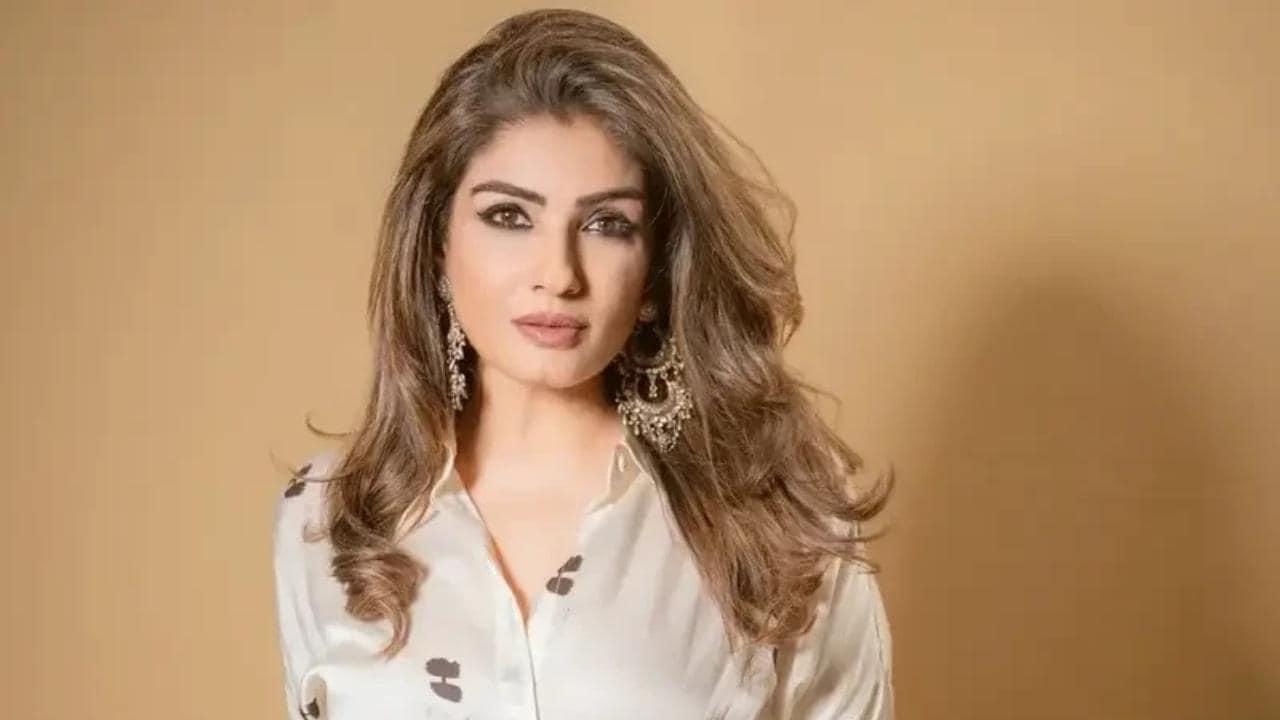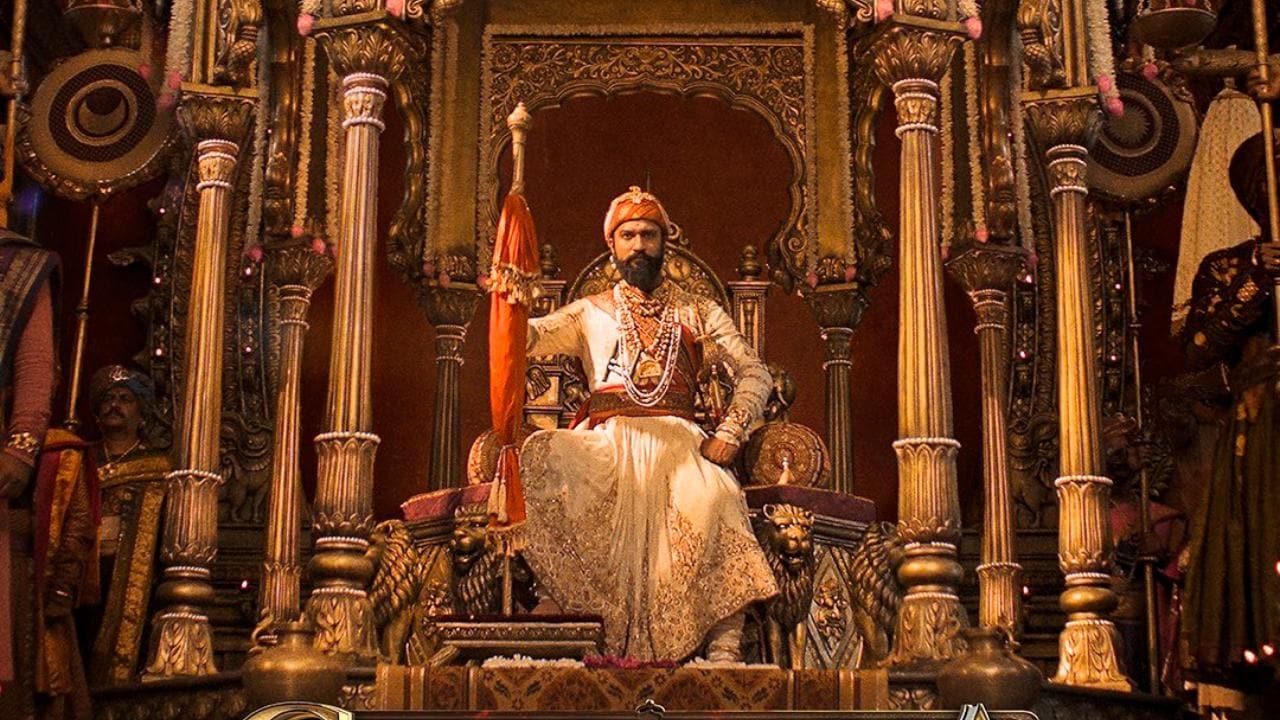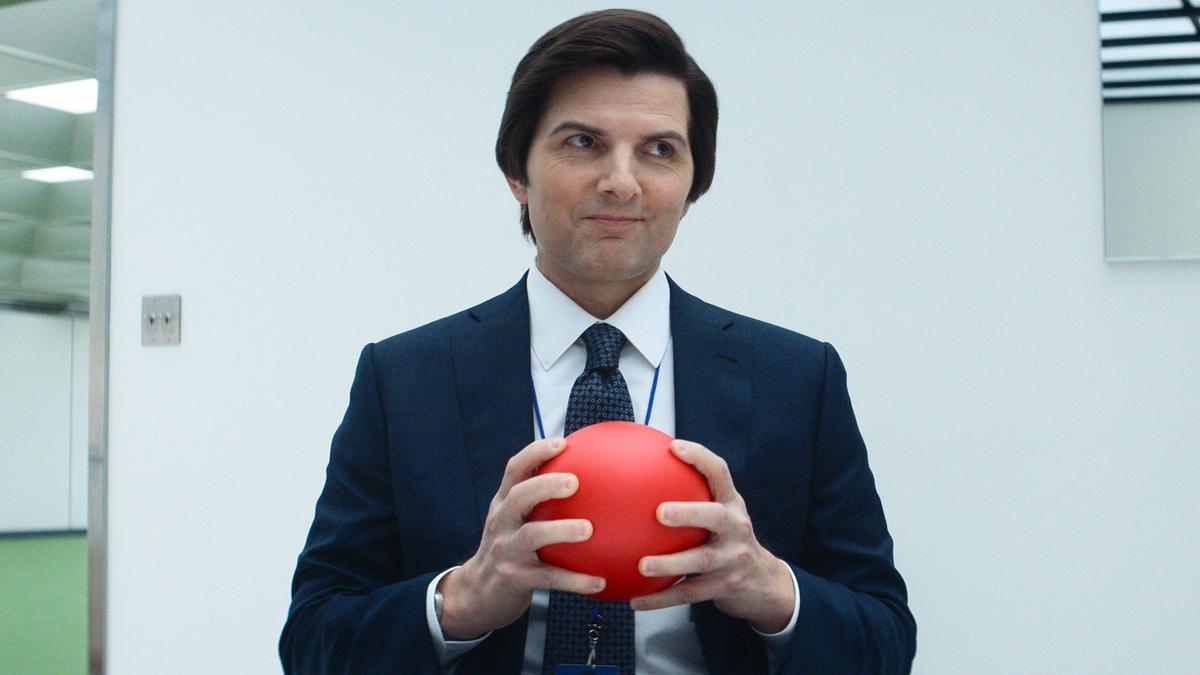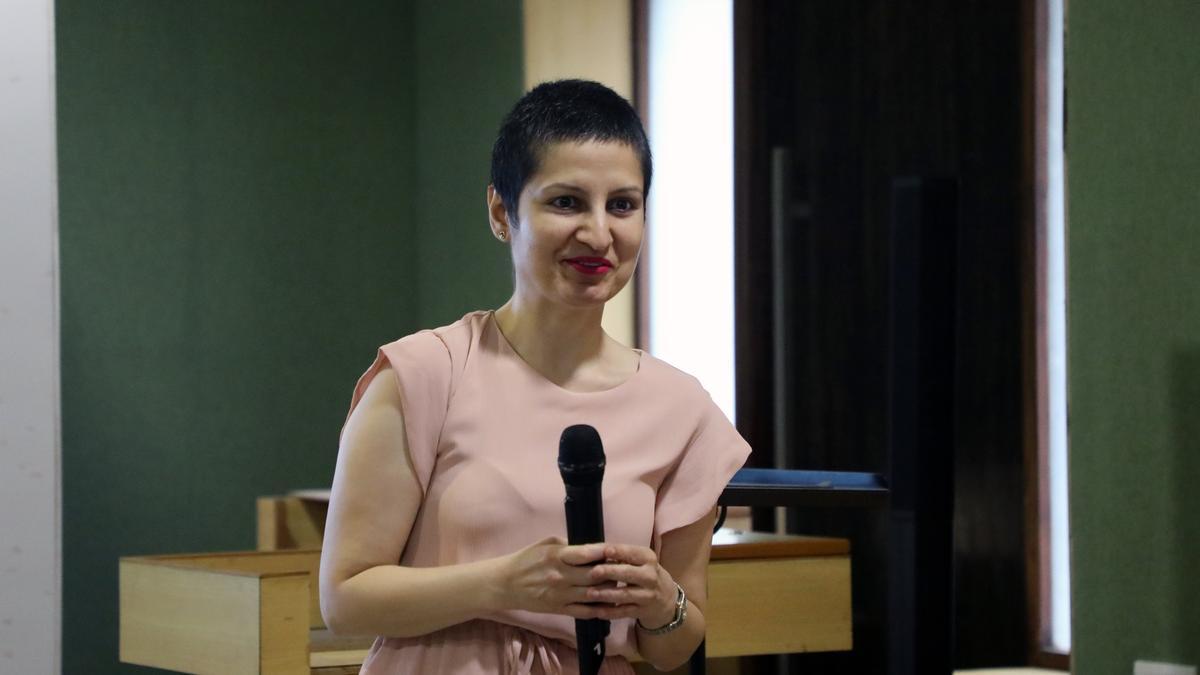
The quest for challenging roles is an unwavering pursuit for actors far and wide, but Kriti Sanon has elevated her search to new and innovative horizons. Following her acclaimed performance as a surrogate mother in ‘Mimi’, which garnered her the prestigious National Award for Best Actress, Sanon is poised to captivate audiences once more. This time, as an intricately programmed humanoid robot destined to experience love in the upcoming cinematic offering, ‘Teri Baaton Main Aisa Uljha Jiya,’ Bollywood’s much-anticipated romantic escapade this Valentine’s season.
Sanon, a self-proclaimed ambitious Delhi native who has found stable ground in the dream-churning metropolis of Mumbai, engages in a candid discourse on the scarcity of authentic love stories in modern cinema and her foray into the world of creative production.
In an interview, the award-winning actress admits to the absence of precedents to draw from for her latest role. Known robotic characters, including the indigenous Chitti, exude an unmistakable mechanical aura, yet Sanon’s character Sifra is designed to simulate the human experience so seamlessly that her robotic nature slips under the radar. With the film’s trailer unveiling her mechanical identity, the audience is invited to share in this knowledge as the narrative unfolds. Sanon acknowledges the challenge of embodying a character that, while nearly indistinguishable from a human, is still distinctly a robot. The true task was to engage viewers emotionally with Sifra, inviting them into an imaginative realm — a quintessential element of cinema. Sanon foresees the future potential of such storylines, drawing parallels to the digital evolution evidenced by humanoid robots like Sophia, who has been granted permanent residency in Saudi Arabia.
Performance subtleties required meticulous attention; humanistic gestures and conversational pauses had to be discarded in favor of a robot’s swift processing capabilities. Sanon’s engineering background propelled her to interrogate the boundaries between human and robot, navigating the nuances of a performance that sometimes felt restrictive, yet invigorating in its discipline. The pursuit was not one of limitation but a creative challenge that demanded and, in turn, fostered a new spectrum of expression.
Reflecting on her character and the cinematic landscape, Sanon observes the metamorphosis of love within the genre. Conventional romantic conflicts, once external, have evolved as societal shifts grant individuals greater autonomy, blurring the lines of hardships in love. The swift-paced nature of contemporary life ignites questions about the depth of emotions currently portrayed on screen, and whether the intensity of love can truly be conveyed or if it merely skims the surface before vanishing within the velocity of the present day.
For Sanon, the step towards creative production wasn’t borne out of a dearth of content or opportunities but a natural progression to immerse herself in projects that resonate with her. The journey alongside writers and creative minds is a venture she willingly embarks upon, eager to deepen her engagement beyond mere performance.
The allure of substantial roles seems to be gravitating towards Sanon post her National Award triumph. This accolade has not only validated her artistry but imbued her with the fortitude to embrace riskier characters and narratives, liberating her from the compulsion to continuously prove her capabilities.
As ‘Teri Baaton Main Aisa Uljha Jiya’ gears up to grace screens on February 9, Kriti Sanon’s transformation into a humanoid captivates the collective curiosity, promising a cinematic exploration that is as emotionally complex as it is technologically profound.










